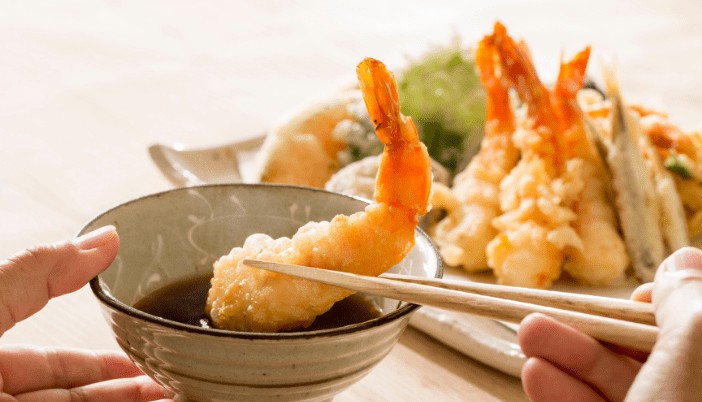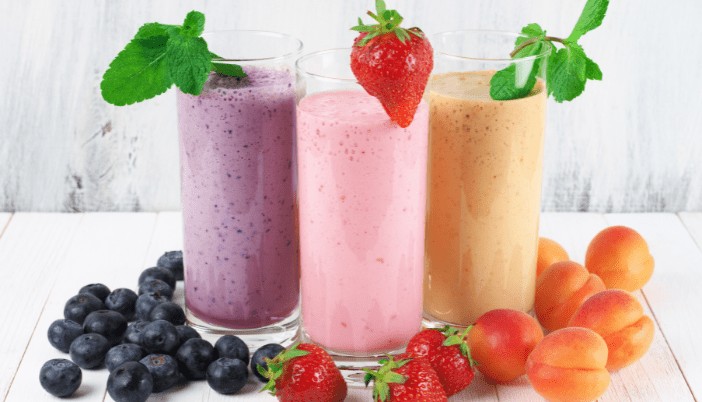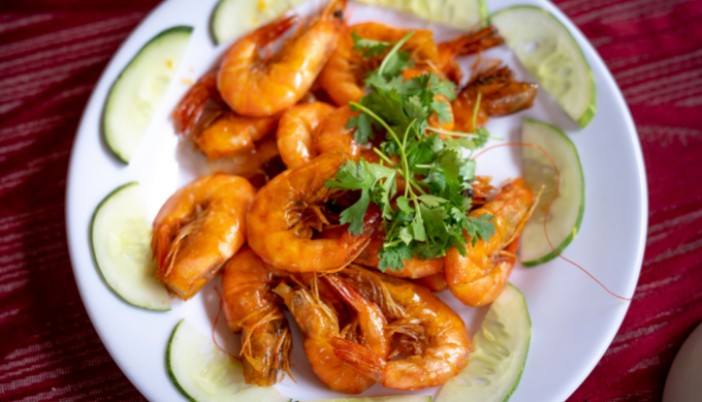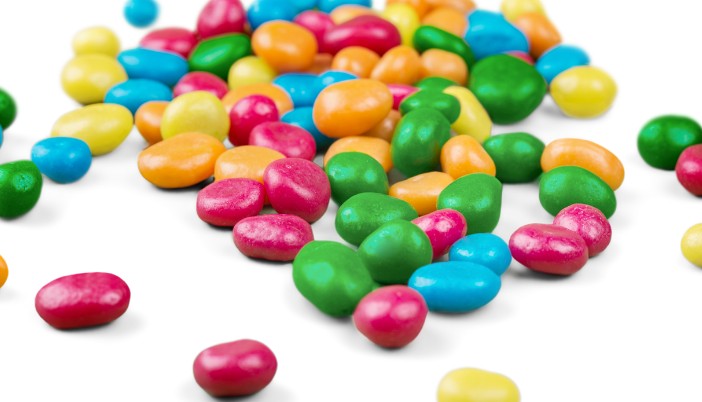Is Powdered Sugar Vegan?
There are various types of sugar for different purposes, but are all of them vegan friendly? Let’s begin by looking at what sugar is, or what it is defined as in the Oxford dictionary:
But is it vegan friendly?
If you read the above statement, you might assume that this is the case, wouldn’t you say?
Powdered sugar (as it is known in Canada and the United States) or confectioners sugar (as it is known in the United Kingdom) is produced by grinding granulated sugar into a fine powder. In addition to its use as a sweetener in various foods, it is also used to decorate by dusting it over foods.
Powdered sugar is very similar to other types of sugar in most respects except for the extremely fine texture of the powder. Is it vegan-friendly, then, if all it is, is granulated sugar that has been ground down into a fine powder?
Despite what you may believe at first, the situation is not as clear cut as you think. The apparent foods that come to mind as not fitting the needs of vegans would be eggs, dairy products, and meats.
Sugars that are manufactured in such a way or that contain additives to make them last so long may not be vegan-friendly.
As an Amazon Associate, I earn from qualifying purchases. The links below may be affiliate links. Please read my disclosure policy for more information.
How Is Sugar Refined?
Sugar is a food derived from plants and comes from sugar cane leaves, which is why it can be considered a plant food. I guess you can’t get any more plant-based than that, can you?
There are, however, some problems that arise when you look at how sugar is refined. For sugar cane to be ground to the right consistency of powdered sugar, it has to undergo quite a bit of refinement. Are you aware that almost half of the cane sugar produced is refined using a substance known as bone char?
Bone char is a porous, black, granular material created when animal bones are charred. Sugar manufacturers use this method extensively as a decolorizing filter, allowing cane sugar to become the desired white colour. Even though bone char is used to bleach and filter cane sugar, only a portion is refined with bone char. During the filtering process, some companies rely on alternatives, such as granular carbon, which does not contain any animal products.
Confused? Don’t worry. Keep reading, and we’ll help you out.
In the field of veganism, there is a great deal of grey area, and it depends entirely on how you define it or look at it. It all depends on your beliefs and your reasons for becoming a vegan.
If you are a vegan who focuses on your diet, this process of refining sugars would not be a problem for you since the sugar itself does not contain any animal parts. On the other hand, if you are a strict vegan, who cannot touch any food that has come into contact with anything from an animal, then this way of refining sugar might be an issue for you.
It is important to note that only cane sugar is refined with bone char.
How Do I Know If Powdered Sugar is Vegan-Friendly?
If you’re purchasing or searching for vegan sugars, the first thing you should look for would be unrefined or raw sugar. They are perfect for vegans, so to speak, as they are what they say on their labels. But do make sure and check for yourself on the packaging.
White table sugar and other refined sugar types, usually used in baking and sweetening, are typically refined sugar. Unrefined sugar is usually a less processed form of cane sugar.
Occasionally, powdered sugar is refined using tools that are not suitable for vegans, as mentioned above. If you are concerned about how sugar is produced due to being vegan, then you are probably better researching which brand is best suited to your needs as everyone is different. As previously mentioned, some sugars are ground using methods that involve animal products, making them unsuitable for many vegans.
So if only cane sugar is refined using bone char, how are all other sugar substances refined?
- Organic – sustainably grown and harvested without chemical fertilizers and pesticides
- Fairtrade to support farmers and their families around the world
- Non-GMO – No genetically modified organisms
Different Types of Sugar
The following are 11 types of sugar, ranging from white sugar to cane sugar to rich brown sugar. Some may contain animal products; for example, egg whites, or they may simply be refined using bone char, an animal product.
- Granulated Sugar
This sugar is highly refined and is made from sugar cane and sugar beets - Caster Sugar
This is superfine granulated white sugar. - Confectioners Sugar
This is known as confectioners sugar, and a small amount of cornstarch is used to keep it from clumping. - Pearl Sugar
This is a variety of white sugar with a coarse, hard texture and solid colour. - Sanding Sugar
These are large sugar crystals used for decorating. - Cane Sugar
Produced solely from sugar cane and minimally processed. - Demerara Sugar
This is a variety of raw cane sugar that is minimally refined. - Turbinado Sugar
Another sugar is minimally refined raw cane sugar. - Muscovado Sugar
Variety of unrefined cane sugar in which molasses isn’t removed. - Dark Brown Sugar
This is refined white sugar with a small amount of molasses added.
Sugar comes from two different plants, sugarcane and sugarbeets. 70% of the sugar we consume comes from sugarcane.
As a result of how cane sugar is grown and processed, even cane sugar that isn’t refined by bone char might not be vegan friendly due to its cultivation methods. As sugar cane is grown intensively, a significant part of the jungle or land must be cleared for cultivation. This destroys the habitats of animals and consequently impacts us on local and global scales. As a result, cane sugar is definitely out of bounds for vegans who adhere to the ethical vegan code.
As beet sugar is grown in colder climates, it can grow in Europe and isn’t cultivated intensively. There is no destruction of forests or jungles to make way for their growth, which is another reason vegans might consider it the better option.
On the other hand, some companies that sell icing sugar are not vegan friendly because they use dried egg whites.
If you do not want to purchase powdered sugar, you can always blend unrefined or raw sugar in a blender to make your own. Alternatively, if you wish to be more hands-on, you can always use a pestle and mortar to grind it up.
No products found.
Is Powdered Sugar PETA Assured?
According to PETA‘s website, “Supermarket brands of sugar (e.g., Giant, Townhouse, etc.) obtain their sugar from several different refineries, making it impossible to know whether it has been filtered with bone char.”
While they list companies that will not use bone char in their refining process, they state that they cannot keep track of how sugar is refined, so they recommend contacting companies directly if you are concerned.
Conclusion
In conclusion, after researching what sugars are vegan friendly and which sugars are not, there is still some ambiguity. Even though there are no animal bones in cane sugar itself, we are aware that the sugar is refined using bone char, which in essence makes this product unfriendly to vegans.
It is worth mentioning that most sugar companies in the US use bone char to refine their sugars. In the UK, however, most regular sugar brands are vegan friendly.
Sugar manufacturers may be certified vegan, so check their website for more information






